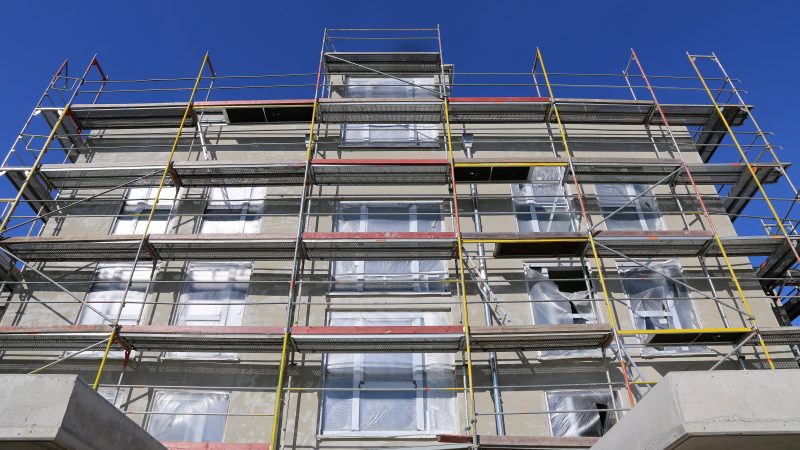
At the Labour Party Conference earlier in September, we saw Housing Minister Steve Reed handing out bright red hats emblazoned with the phrase “Build, baby, build”. This garnered plenty of interest among the congregation of party members, journalists and industry representatives in attendance, and the government’s YIMBY push certainly has its champions among think tanks in Westminster. But with the Planning and Infrastructure Bill now in its final stages, and amendments with protections for wildlife having been voted down or withdrawn, it is worth taking a step back and keeping public opinion in mind when looking at issues such as housing.
It may be true that housing continues to be a problem in Britain. We also see in our own data at More in Common that the salience of the environment is lower now than it was a few years ago; we’re also seeing more disagreements about the fairness of the transition to net-zero and public dismay at delays on HS2 and a third Heathrow runway due to environmental concerns. The government’s calculation appears to be that scrapping environmental “red tape” can be done at a low political cost, in return for a major win on housing. But new research shows that this could be more complicated than it appears at first glance.
READ MORE: ‘Why COP30 mattered – and why Labour MPs needed to be there’
The government’s approach invites the risk that housing policy becomes framed as a zero-sum clash with nature. Fundamentally, when thinking about the housing crisis Britons don’t lay the blame on environmental protections. Our recent report, All Under One Roof, found that Britons are more concerned about new houses being of shoddy quality, lacking important infrastructure like GP surgeries and schools, and being marketed as “luxury” and therefore overpriced. When locals see these houses sit unoccupied, it’s not effective messaging to say that we’re not building enough of them.
There is a marked perception gap between what the government says is the problem, and what the public believes to be the problem. Britons tend to value environmental standards quite a lot and, if anything, think that developers are skirting the rules. In focus groups, members of the public also lament about newer developments lacking in green spaces and access to wildlife, which they linked to poorer mental health and a sense of deprivation which shouldn’t be associated with something as aspirational as buying your first home.
Subscribe here to our daily newsletter roundup of Labour news, analysis and comment– and follow us on Bluesky, WhatsApp, X and Facebook.
The key takeaway – one which Labour cannot afford to ignore – is that if the government goes all-in on a growth agenda that openly pits the natural environment against housing, then the public will choose the environment every time. Only 20% of Britons think that the government should prioritise building more houses at the expense of environmental standards – even among Labour’s own supporters, this is only 27%. More than half of the public instead think that we must maintain our environmental regulations, even if this slows down housebuilding.
With the government’s push to reduce environmental regulations in the Planning and Infrastructure Bill, they risk putting their housing strategy at odds with public opinion. If the government think beyond the YIMBY-NIMBY paradigm, which the majority of voters don’t fit into, then a less antagonistic approach could be possible.
Share your thoughts. Contribute on this story or tell your own by writing to our Editor. The best letters every week will be published on the site. Find out how to get your letter published.
-
- SHARE: If you have anything to share that we should be looking into or publishing about this story – or any other topic involving Labour– contact us (strictly anonymously if you wish) at [email protected].
- SUBSCRIBE: Sign up to LabourList’s morning email here for the best briefing on everything Labour, every weekday morning.
- DONATE: If you value our work, please chip in a few pounds a week and become one of our supporters, helping sustain and expand our coverage.
- PARTNER: If you or your organisation might be interested in partnering with us on sponsored events or projects, email [email protected].
- ADVERTISE: If your organisation would like to advertise or run sponsored pieces on LabourList‘s daily newsletter or website, contact our exclusive ad partners Total Politics at [email protected].




More from LabourList
‘Labour’s quiet quest for democratic renewal’
‘Labour promised to make work pay. Now it must deliver for young people’
‘Council Tax shouldn’t punish those who have the least or those we owe the most’